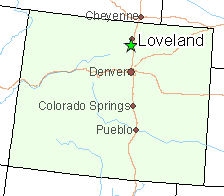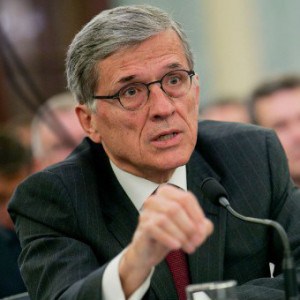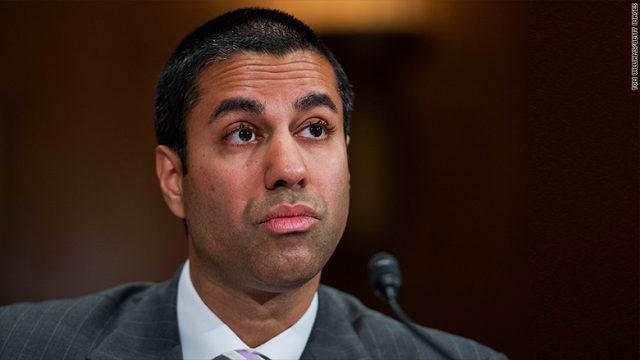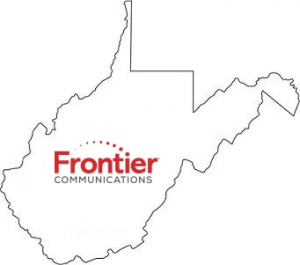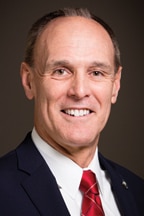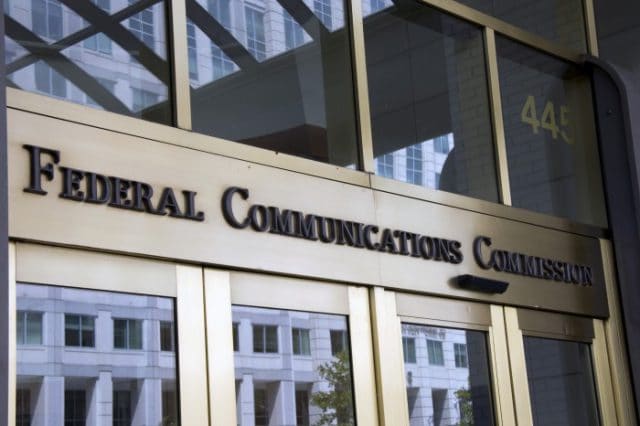 The Federal Communications Commission moved Tuesday to formally strip local franchise authorities from regulating cable companies’ non-video services, prevent town and city governments from enforcing their own net neutrality policies, and limit the amount of obligations cable companies owe communities in return for winning and keeping a cable television franchise agreement.
The Federal Communications Commission moved Tuesday to formally strip local franchise authorities from regulating cable companies’ non-video services, prevent town and city governments from enforcing their own net neutrality policies, and limit the amount of obligations cable companies owe communities in return for winning and keeping a cable television franchise agreement.
The Commission announced a notice of proposed rulemaking that most observers claim is a mere formality before the Republican majority formally adopts the proposal in what is being seen as a clear and sweeping victory for the cable television industry.
Under the FCC proposal, local franchising authorities that issue franchise agreements allowing cable television companies to provide service in a community will see their powers of oversight and regulation significantly cut, threatening existing agreements that require cable operators to wire public schools, libraries, and local government offices and offer certain other services, excluding Public, Educational, and Government access channels.
Some franchise agreements require cable operators to maintain a certain number of local cable customer service offices, support local infrastructure projects by placing fiber or service cables in shared conduits, offer services or scholarships to communities in need, and provide near-universal service availability in neighborhoods without regard to income. While communities would be allowed to continue requiring these extra benefits, the cost could be deducted from franchise fee payments made by cable operators to local governments. Currently, franchise fees are capped at a maximum of 5% of gross revenue, although cable companies and corporate-funded interest groups like FreedomWorks and Free State Foundation argue “in kind” required contributions found in some franchise agreements allow cities and towns to exceed that amount.

Cooper
The FCC also reiterated its intention to limit local franchising authorities to only regulating cable television services, disallowing them from writing rules, regulations, or requirements that govern a cable system’s non-television services, most notably telephone and broadband service. While some at the FCC suggest this ruling allows broadband and voice services to remain unregulated as intended, analysts suggest the real impact of this declaration is to lay a legal foundation to prohibit communities from imposing local net neutrality requirements on cable broadband services designed to replace the federal net neutrality rules that were vacated by the Republican majority on the Commission earlier this year.
“Congress has designated information services such as broadband for non-regulated or light-touch treatment,” said Seth Cooper, senior fellow from the conservative group Free State Foundation. “The Commission’s proposed rulemaking clarifies that local governments cannot leverage their cable franchising authority to regulate broadband services. This will help shore up important limits on local government regulation set out in the Communications Act.”
After passage, cable operators could complain to the FCC about requirements imposed by local governments or regulatory bodies requiring them to honor basic net neutrality principles. FCC Chairman Ajit Pai has repeatedly voiced his view that only the federal government should be allowed to regulate the internet, and he is prepared to challenge state and local laws that attempt to create an end run around the decision to eliminate federal net neutrality protections.
“What we’re going to do is take a look on a case-by-case basis at each state law and determine the right course, but at a broad level, the internet is inherently an interstate service,” Pai told CNBC in June. “We don’t [want] every one of the 50 states and however many local jurisdictions to have a bite of the regulatory apple.”
The FCC has also asked for input on extending its authority to overrule similar franchising requirements on the state level as well, a significant expansion of the FCC’s authority that Mr. Pai himself has questioned when his predecessor, Chairman Thomas Wheeler, attempted to override state laws deterring or forbidding public/municipal broadband networks.
“In taking this step, the FCC usurps fundamental aspects of state sovereignty. And it disrupts the balance of power between the federal government and state governments that lies at the core of our constitutional system of government,” Pai complained in 2015. “What is clear, however, is that the FCC does not have the legal authority to override the decisions made by Tennessee and North Carolina. Under the law, it is up to the people of those two states and their elected representatives—not the Commission—to decide whether and to what extent to allow municipalities to operate broadband projects.”
But in Pai’s view, it is not up to those and other states to decide for themselves what type of level playing field will be provided to internet users if a sovereign state wishes to define those terms in the public interest.
FCC’s Ajit Pai talks net neutrality on CNBC in June 2018 and is skeptical of state efforts to preserve net neutrality rules, saying the internet “has to be regulated by the federal government.” (10:48)


 Subscribe
Subscribe

